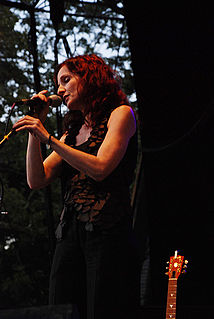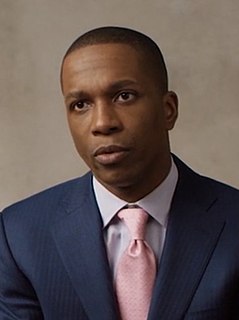A Quote by Andrea Bocelli
Listen to what others tell you about your voice. If you're only singing to please yourself, you might as well just sing under the shower. But if you're singing for others, you are reliant on them to ask you to sing.
Related Quotes
What is certain is that singing is not merely modulating a song by means of the voice: we sing and we celebrate the beauty that we can grow and live every day. If you want to sing and give emotions to those who are listening, you must have something to tell through your singing; you have to use singing like an instrument to tell something.
You start singing by singing what you hear. So everyone, when they first start singing, they naturally are singing like whatever they're hearing, because that's the only way you learned how to sing. So when I was growing up on Lauryn Hill, when I started singing her songs, I literally trained my voice to be able to do runs.
Nobody told me how to sing, so I just thought I'd try and sing like Howlin' Wolf. It was like a bark; there was melody to it - but I would go off a bit and I wouldn't stick AutoTune on it or anything to make it in key. Even now, I couldn't tell you about harmonies. I couldn't tell about what notes I'm singing because nobody taught me to sing.
I'm a big fan of all those singing competition shows. Most recently, I've been into The Voice. It's one of my secrets! And I'm definitely looking forward to The X Factor, especially because I'm a huge Simon Cowell fan. Personally, I sing for fun, but mainly in the shower, when I'm alone. Other people definitely do not want to hear me sing.
You want to have a feeling when you sing that you just love singing; you love the feeling of singing, and you love this feeling of this voice coming out of your body into this world. It's about really getting that most beautiful, pure, centered tone, thinking about the story of each song and the lyrics, and connecting your own life to that story.


































